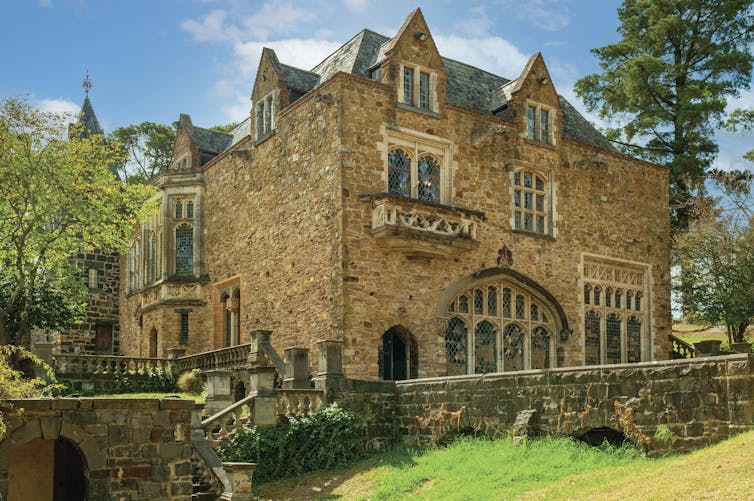breathing humanity into the man who fought to protect Queensland’s rainforest and reef
- Written by Rohan James Lloyd, Adjunct Lecturer, James Cook University

John Büsst earned the moniker “The Bingil Bay Bastard”. From his self-built homestead in Bingil Bay, he campaigned from the early 1960s against grazing and agricultural industries seeking to fell the tropical forests of north Queensland.
Then, in his words, “in came the Army” eyeing “the best, most scientifically valuable, and the very loveliest” low-lying forest areas surrounding Mission Beach for army weapons testing. By 1968, after a campaign opposing the tests, nearly 50,000 acres of this land had been protected. Eventually, nearly 100,000 acres would become national park.
Review: John Büsst: Bohemian artist and saviour of reef and rainforest – Iain McCalman (New South)
Büsst embraced the “bastard” epithet when he helped lead the movement to save the Great Barrier Reef from mineral, oil, and gas exploitation. In 1967, he read in the local newspaper that a nearby, offshore reef (Ellison Reef) was the subject of a mining lease to extract its coral lime, which was presumed dead, for fertiliser.
By 1968, that local skirmish had grown into an international conservation campaign to protect the reef from oil and gas development, embroiling scientists, conservationists, politicians, oil companies, trade unions, and the media in a seven-year struggle.
The campaign ended in 1975 after a trade-union black ban, a four-year joint Commonwealth and Queensland Government Royal Commission into the exploration and drilling for petroleum on the reef, and a High Court challenge to determine whether states of the Commonwealth held sovereignty over Australia’s “territorial seas”.
The reef was ultimately protected in 1975 under the auspices of the newly formed Great Barrier Reef Marine Park Authority.
Much of this was thanks to Büsst’s endless campaigning from Bingil Bay. Büsst, however, had died in 1971 – so he didn’t get to see the final fruits of his labours. His friend and journalist, Barry Wain, wrote, in a moving obituary, that “compromise was not part of his [Büsst’s] approach.”
The title of the obituary was “The Bingil Bay Bastard”. But that nickname, although written with a sense of endearment, creates an image of a man calloused with cynicism and filled with a rigid, uncompromising, almost uncomfortable, determinism.



















